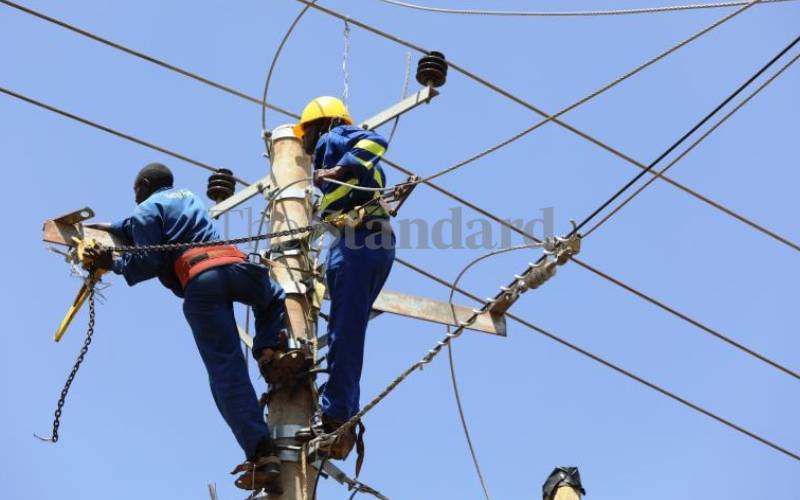×
The Standard e-Paper
Stay Informed, Even Offline

Fuel cost is the highest component in the computation of a customer’s bill. [Kibata Kihu, Standard]
Power bills have hit a 40-month high following an increase in the fuel surcharge levied on electricity tariffs, throwing consumers in the abyss despite President Uhuru Kenyatta’s order to cut prices.







